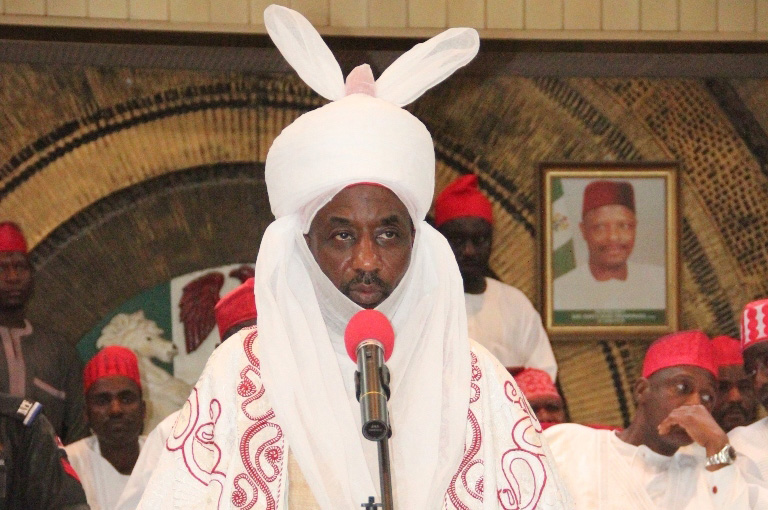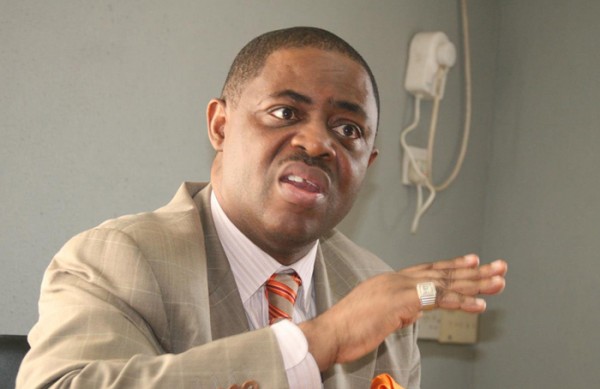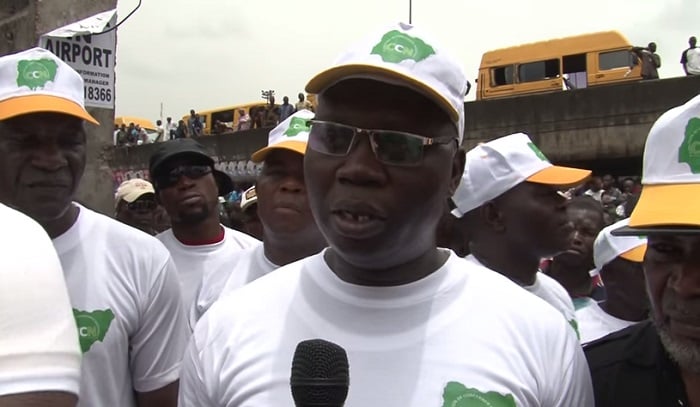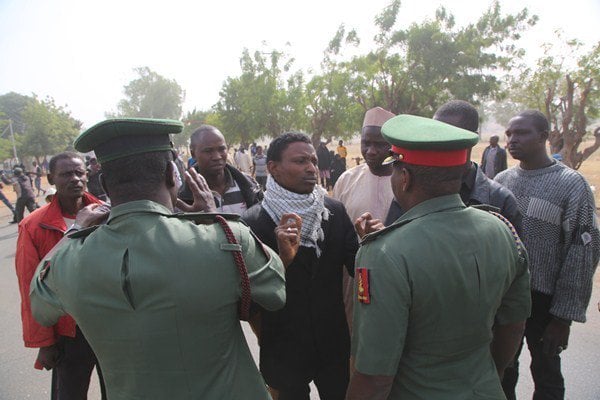Muhammad Sanusi II, the emir of Kano and former governor of the Central Bank of Nigeria (CBN), says the naira will firm, if it is allowed to devalue beyond 300/$1 based on market realities.
Speaking at the Risk Managers Association of Nigeria’s (RIMAN) annual conference in Lagos, Sanusi said the CBN has a fantastic policy document, but it needs to allow it to be fully implemented.
“There is a fantastic document by the central bank on the flexible exchange rate. We need to implement that document properly” THISDAY quoted Sanusi to have said.
“You have to let the market decide where the naira is going to be, to start with, before inflows come in and then when the inflows are in, you have an appreciation of the naira.
Advertisement
“So you have to live with a devaluation to N300/$1 plus and then it will firm up to N270/$ or N280/$1 or whatever. But so long as you target a rate of N280/$1, you are just moving the peg,” he argued.”
He said the country was going the way of 2008, 2009 economic crisis, adding that the country had fiscal buffers at the time, which has been depleted.
“The situation going on today is very sad because we ought to have learned from our past experience. In the global crisis of 2008, which started from the financial markets and then hit the commodities market, the Nigeria financial system was badly affected, precisely for reasons similar to the reasons we have today.
Advertisement
“But 2008-2009 was much less severe than 2015-2016 and the reason was that prior to 2008, the government of former President Olusegun Obasanjo had built up buffers in the excess crude account and therefore the economic management authorities, both monetary and fiscal, did have some flexibility in their pursuit of countercyclical fiscal and monetary policies.
“It was possible to draw on a huge pool of reserves to mitigate the impact of a collapsing currency and to continue to fund imports and to also fund an expansion of government spending.
“In 2009, the CBN and the Minister of Finance took the decision that the oil price shock would be absorbed by nominal variables. We preferred that the exchange rate and nominal prices took the shock than the real economy.”
He said the government had not learnt from the past and operated bad economics in the past, funding foreign refineries and discouraging the private sector.
Advertisement
“But what seems to have happened in 2015 is that the government took the decision to allow the real economy take the shock, while protecting nominal variables in terms of the exchange rate and that was the wrong choice to make.
“You do not absorb the real shock of the real economy – it is bad economics. As a country, in the years 2010 to 2014, we had a golden opportunity to have learned from the experience of 2008-2009.
“When oil prices went up to prepare us for when the prices went down, but we refused to learn and we refused to listen which is the situation that this administration has inherited – oil prices have gone down and there are no savings.
“The problem as I see it is that very difficult decisions have to be taken. Some of them have already been taken. But all the money we spent on subsidy was keeping the refineries open in Europe.”
Advertisement
Add a comment







